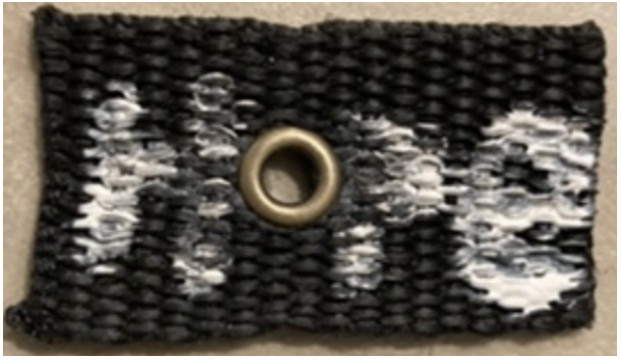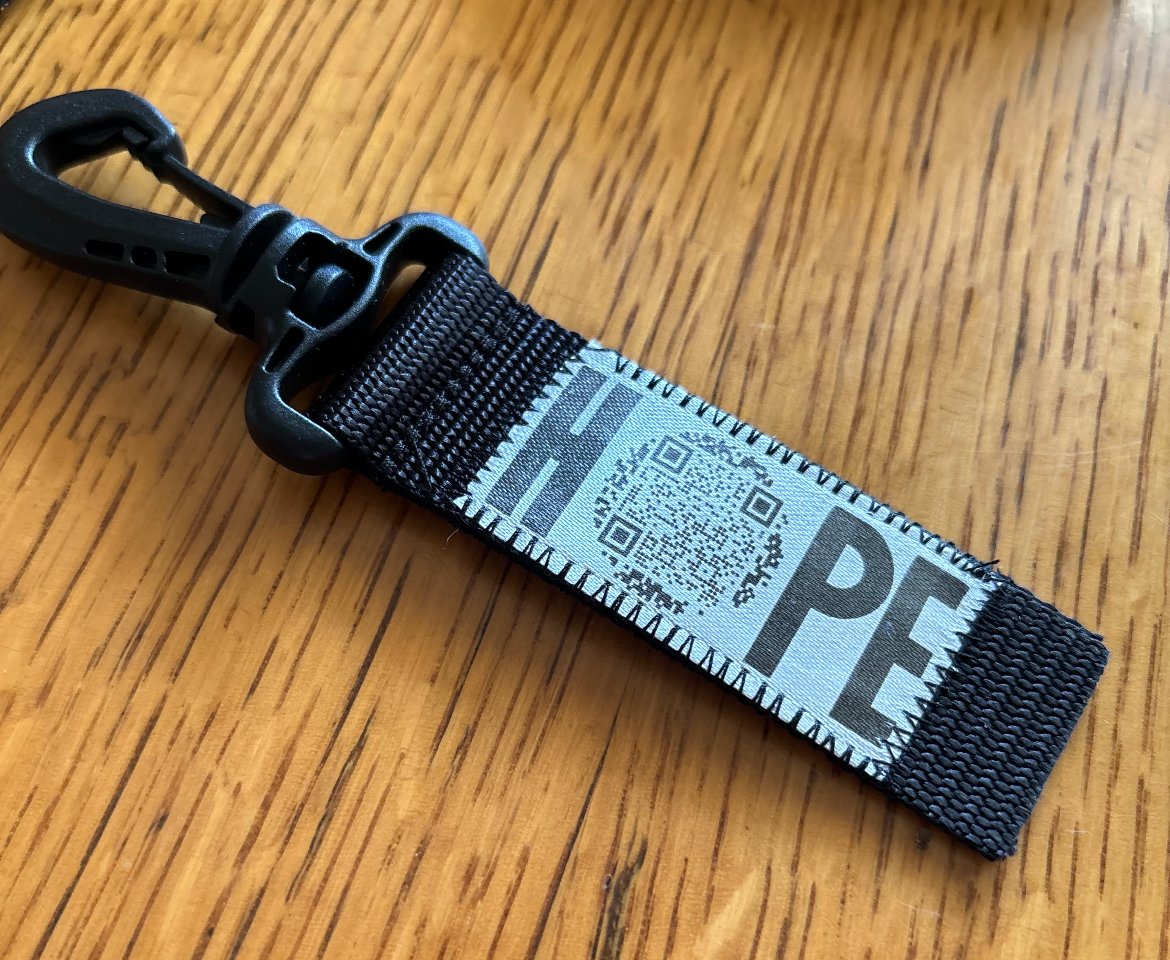Repairing the World
Tikkun Olam is a Hebrew phrase that means “repairing the world,” and that is what Elie Zarem, the founder and executive director of Hope Straps, is trying to do. Hope Straps, based in Milwaukee and founded in 2024, is a resource hub with over 100 no-cost or low cost area resources for housing insecure and unhoused people to connect with to improve their lives. It is “dedicated to providing hope and access to practical assistance, ensuring that each person feels valued and supported on their journey toward stability.” Elie does not take for granted the opportunity to live his purpose at this time in his life. He finds meaning being part of a global community whose “collective passion and energy can bring an end to homelessness by keeping it from happening in the first place and getting unhoused people into homes.”
Fitting Into Our Environment
The seeds for helping people in crisis were planted by Elie’s parents. They instilled in him the importance of contributing where you could to improve the well-being of others. They also modeled it for him. His dad was a pharmacist who built a successful career helping people feel better. His mother was an artist, homemaker and community volunteer who welcomed many people into their home. His family taught him that caring about and giving to others was important, which was reinforced by their Jewish faith.
Elie completed a bachelor’s degree in social work and then masters degrees in policy analysis for nonprofits and Jewish History. He thought he would end up working for a nonprofit in the Jewish community but his professional path took him elsewhere. He started working in business-to-business sales and was good at it. It put money in his pocket, but he knew it wasn’t a fit for him, and after 13 years in sales, it was time to move on.
Fitting into our environment is something Elie has thought a lot about. He believes that good health, happiness and comfort should be widely available to all, but for far too many, they are out of reach. Helping people fit in is what drew him to social work. He was amazed that there was a field of study and professional path that focused on helping people fit into their environment by asking the question, “If an environment is not conducive to someone’s well-being, what can we do about that?”
After leaving sales, Elie went to work for a social-minded real estate company working on housing for veterans and people with disabilities. He then went to work for an organization that supported adults with mental illness. By this time, he and his family were living in Milwaukee and he noticed a lot of people panhandling. His heart went out to them, and he wanted to do what he could to help them. He started approaching and having conversations to try and get to know them. He handed out bottles of water and money when he could and even gave out care packages he put together. He wanted to do more, but he had a young family and not a lot of time. The interest and intent remained though, so he sat with the idea.
The Power of Words
The original hope strap
In the Jewish tradition there is the belief that the entire world is made from the words of God. Elie believes in the power of words and that our thoughts heavily influence our environments, so if we can change our thoughts, we can change our environments. Out of those beliefs he created a small strap with the word Hope on it with a ring through the O that a shoelace could be fed through to attach it to a shoe. Elie started giving them out to the people he met who were panhandling. Even though it was just a word, he hoped the people carrying it with them would be a little more hopeful about their future.
It was through that small and simple message of hope that he realized he could share more than just a word. He could offer resources and Hope Straps took off. He started compiling resources and as the amount of them grew, a website was created and the original hope strap was redesigned. It still included the word Hope on it, but now comes as a wristband as well as a strap with a clip that can be secured to a belt loop, backpack, or kept in a pocket.The O has a QR code in it to access the resources on the website. Elie’s wife, who has been one of Hope Straps biggest supporters, takes credit for suggesting the QR code, which he happily agrees with.
The response to the hope straps and resource hub has been positive. People working in the field are grateful to have so many resources organized in one spot for the unhoused and those at risk of losing their homes. They are helping to distribute hope straps and helping recipients access the website. People from all over the country are inquiring about the model and wanting to learn more. Hope Straps is partnering with two organizations in Milwaukee, Mr. Bob’s Under the Bridge and StreetLife Communities, that do direct outreach to unhoused community members to hand out the straps. The city of Milwaukee also has agreed to have their outreach staff hand them out.
There has been some pushback, though. Elie recalled a meeting with a potential funder who expressed concern that the name Hope Straps was too similar to the toxic myth of pulling yourself up by the bootstraps and that the straps were an easy identifier of the most vulnerable in the community who are in crisis. He understands those concerns, but he sees it differently. Hope straps are a way to support people in crisis and help them access resources that can bring safety, comfort and stability to their lives.
Me + ? = A Better World
During our conversation, Elie recalled a woman who was at risk of becoming homeless and she asked CHatGPT what she should do to keep from losing her home. In a matter of seconds, it came back with concrete steps she could take to improve her situation. Hope Straps is exploring adding AI to their website that would be available 24/7 to help people who are struggling. Elie believes it is a tool that will increasingly be used to help people in crisis, because it has the ability to respond in seconds to what is needed and come back with realistic suggestions to make things better. He realizes there are a lot of legitimate concerns about AI, including its impact on the environment, but he is optimistic they will be addressed as more people engage with it. It also would take pressure off case managers who all too often are expected to be superhuman but can’t know every possible resource that is available to help a person in crisis. He explains, “At the center of it is someone who is struggling and could use some support. We (Hope Straps) want to be a part of supporting that person and whatever that looks like is of interest to us.”
Bees flap their wings around 200 times a second. Even when they have pollen on their legs, which weighs them down, they don’t increase their number of flaps per second. Instead, they bring more power to the flaps they are doing in order to carry the extra weight. Elie believes bringing more power and intensity to the work being done to keep people in their homes and getting unhoused people into homes is what is needed as much as anything else. There is an urgency to the work for him, because even one person struggling is one too many. While Hope Straps is still a young organization and working to figure out its impact, for Elie, success is even one person using the resource hub to increase their safety and stability. For a long time he reflected on the question, Me + ? = A Better World. He is grateful to have found an answer to that question in Hope Straps and to be doing what he can to repair the world.
Learn More
The current hope strap that also comes in a wristband.
Visit HopeStraps.org to learn more. To financially support this work, you can send a tax deductible gift via Venmo to @hopestraps



